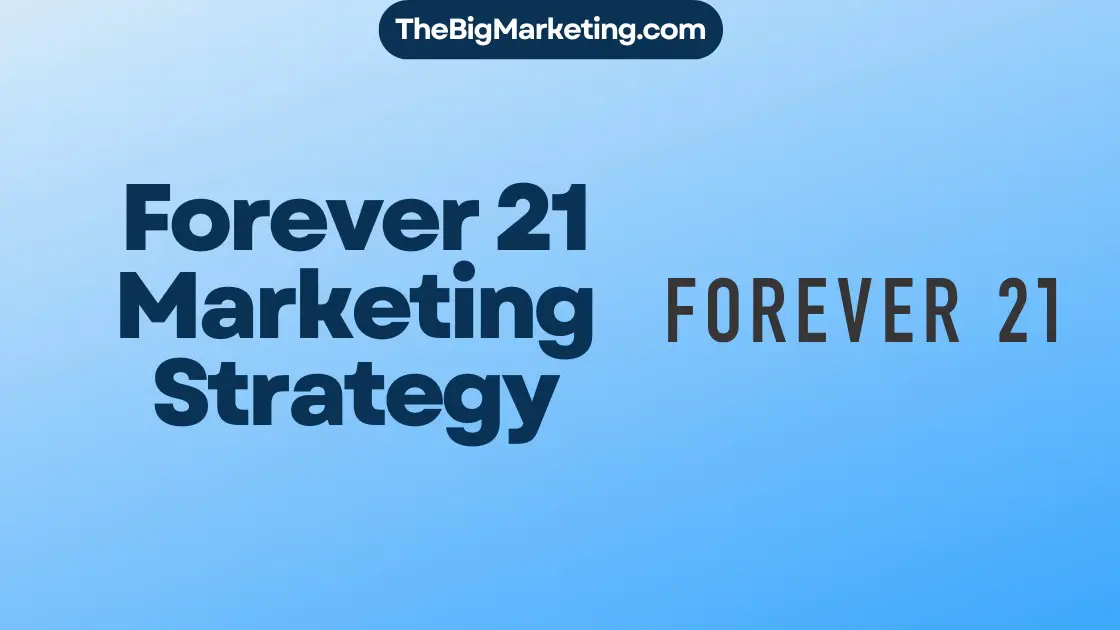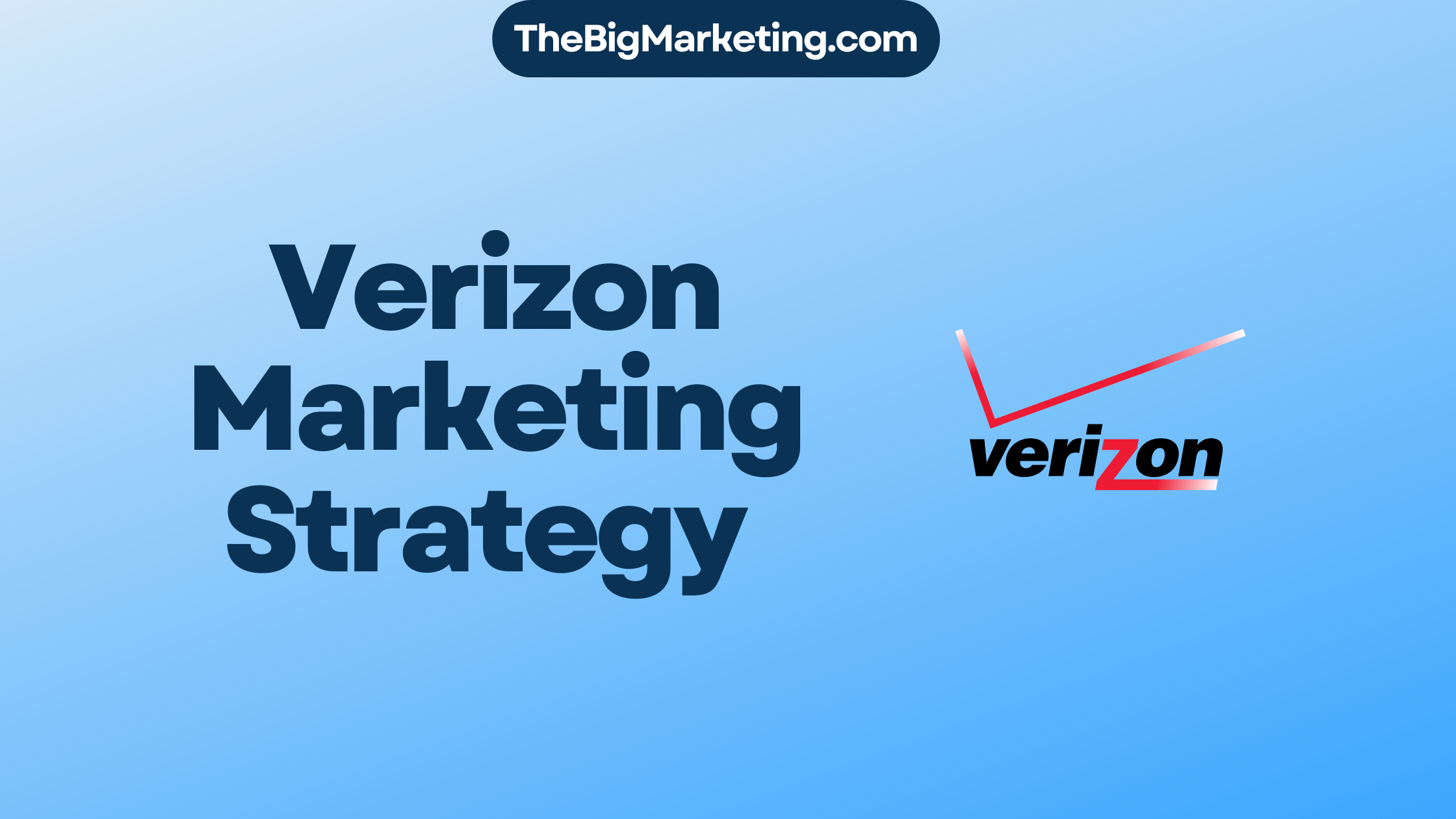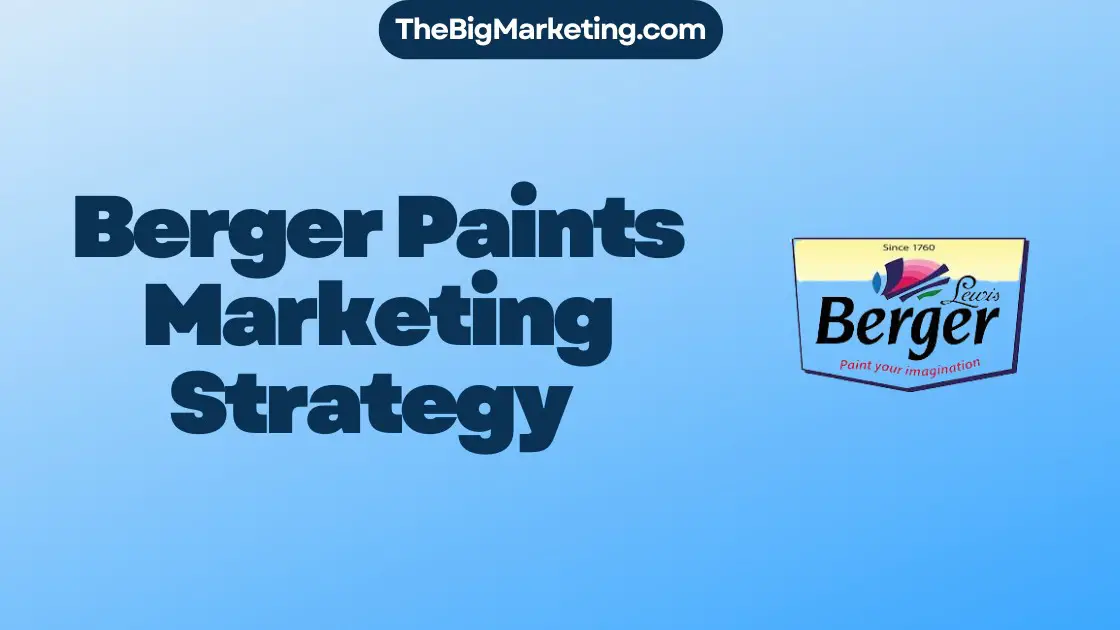Marketing is a dynamic field that encompasses a wide range of principles, strategies, and techniques. Whether you’re interested in understanding consumer behavior, conducting market research, or leveraging digital marketing trends, a marketing education offers comprehensive knowledge and skills to thrive in this ever-evolving industry.
By studying marketing, you’ll delve into the fundamentals of effective communication, learn to analyze market trends, and discover branding techniques that resonate with target audiences. From developing innovative marketing strategies to conducting competitive analysis, a marketing degree program offers a well-rounded curriculum that prepares you for the challenges and opportunities of the industry.
Throughout your marketing journey, you’ll gain insights into consumer behavior to create compelling campaigns that drive results. You’ll explore market research methodologies to uncover valuable insights about your target market. Additionally, you’ll learn to navigate the digital landscape by staying up-to-date with the latest trends in digital marketing and harnessing technology to create impactful marketing campaigns.
Key Takeaways:
- Marketing encompasses principles, strategies, and techniques for effective communication and branding.
- A marketing education equips you with skills in consumer behavior, market research, and digital marketing.
- Understanding industry trends and leveraging technology are crucial in creating impactful marketing campaigns.
- Competitive analysis helps you identify market opportunities and gain a competitive edge.
- Continuous learning is key to adapting to the ever-evolving marketing landscape and staying ahead of the competition.
Skills to Develop in a Marketing Degree Program
A marketing degree program equips students with essential skills needed for a successful career in marketing. These skills encompass a diverse range of areas, including data analysis, communication, economics, decision making, business management, emotional intelligence, creativity, and storytelling. Mastering these skills is crucial for marketers to thrive in the dynamic and competitive marketing landscape.
Data Analysis
Data analysis is a fundamental skill in marketing that enables marketers to collect, interpret, and derive insights from data. By leveraging data analysis techniques, marketers can make informed decisions, identify trends, and develop effective marketing strategies that resonate with target audiences and drive business growth.
Communication
Effective communication is essential for marketers as they interact with various stakeholders, including target audiences, clients, managers, and decision-makers. Strong communication skills help marketers convey their ideas clearly, articulate marketing messages, and build meaningful relationships, fostering trust and engagement.
Economics and Decision Making
An understanding of economics provides marketers with the knowledge to anticipate market trends, assess consumer behavior, and make informed decisions that align with business objectives. Solid decision-making skills enable marketers to prioritize tasks, manage budgets, meet deadlines, and optimize marketing efforts for maximum impact.
Business Management
Business management skills play a crucial role in marketing, enabling professionals to effectively organize and execute marketing campaigns. These skills encompass project management, multitasking, meeting deadlines, and managing cross-functional teams, ensuring seamless collaboration and successful implementation of marketing initiatives.
Emotional Intelligence
Emotional intelligence is vital for marketers to understand and connect with the needs and desires of their target audiences. This skill enables marketers to navigate social complexities, manage behavior effectively, and create meaningful and engaging marketing experiences that resonate with customers on an emotional level.
Creativity and Storytelling
Creativity and storytelling are essential skills for marketers to stand out and captivate their target audiences. These skills allow marketers to think outside the box, develop innovative marketing campaigns, and craft compelling narratives that connect with customers and inspire action.
To summarize, a marketing degree program equips students with a diverse set of skills that are critical for a successful marketing career. From data analysis and communication to economics, decision making, business management, emotional intelligence, creativity, and storytelling, these skills provide a solid foundation for marketers to excel in the ever-evolving marketing landscape.
Topics Covered in a Marketing Degree Program
A marketing degree program offers a comprehensive curriculum that covers a wide range of topics. Students who enroll in a marketing degree program can expect to gain knowledge and skills in various areas, including:
E-commerce Fundamentals
One of the key areas of study in a marketing degree program is e-commerce fundamentals. Students learn about the intricacies of selling goods and services online and the impact of e-commerce technologies on the business landscape. They explore topics such as online marketplaces, digital payment systems, supply chain management, and customer relationship management.
International Marketing
International marketing is another important aspect covered in a marketing degree program. Students gain insights into adapting business activities across national boundaries and evaluating customer needs from a global perspective. They explore the challenges and opportunities involved in expanding businesses internationally, including cultural differences, legal considerations, and market entry strategies.
Marketing Research
Effective marketing strategies are built on solid research. Marketing research is a crucial component of a marketing degree program, where students learn various methods of gathering and analyzing data. They gain expertise in defining research problems, designing surveys, conducting interviews, and interpreting research findings. This helps them make informed decisions and develop data-driven marketing strategies.
Marketing Principles
Marketing principles form the foundation of a marketing degree program. Students delve into the core concepts and theories that drive marketing efforts. They learn about distribution channels, promotional activities, buyer behavior, product planning, and pricing policies. Understanding these principles is essential for developing successful marketing campaigns and effectively reaching target audiences.
Technology and Consumer Behavior
With technological advancements shaping consumer behavior, it’s crucial for marketers to understand the role of technology in influencing consumer decisions. A marketing degree program explores the relationship between technology and consumer behavior, helping students develop strategies to leverage technology for effective marketing campaigns. They study areas like online purchasing behavior, social media engagement, and the use of emerging technologies in marketing.
Business Analytics
Business analytics is an increasingly important skill in the field of marketing. A marketing degree program equips students with the knowledge of how to use analytical tools, conduct spreadsheet analysis, and effectively communicate data. They learn to extract meaningful insights from data to inform economic decisions, assess marketing performance, and optimize marketing strategies.
Key Topics Covered in a Marketing Degree Program
| E-commerce Fundamentals | International Marketing | Marketing Research |
|---|---|---|
| Online marketplaces | Adapting business activities across national boundaries | Defining research problems |
| Digital payment systems | Evaluating customer needs from a global perspective | Designing surveys |
| Supply chain management | Cultural differences and market entry strategies | Conducting interviews |
| Customer relationship management | Interpreting research findings |
By covering these diverse topics, a marketing degree program equips students with the knowledge and skills necessary to excel in various marketing roles. It provides a strong foundation for building a successful career in the dynamic and ever-evolving field of marketing.
Career Opportunities in Marketing
Marketing offers a wide range of career opportunities across various industries. Whether you have a passion for creativity, data analysis, or strategic planning, there is a role in marketing that suits your interests and skills. Here are some common marketing careers that you can explore:
1. Brand Strategist
A brand strategist plays a crucial role in managing a company’s brand identity, messaging, and overall strategy. They work closely with cross-functional teams to ensure consistent brand representation and to develop effective marketing campaigns that resonate with the target audience.
2. Data Analyst
Data analysts in marketing gather and analyze relevant data to extract valuable insights that drive strategy creation and decision-making. They utilize various tools and techniques to interpret market trends, consumer behavior, and campaign performance, helping organizations make data-driven decisions.
3. Entertainment Marketer
Entertainment marketers specialize in promoting events, artists, or clients in the entertainment industry. They leverage diverse marketing channels including advertising, social media, and partnerships to generate excitement and engagement among the target audience.
4. Marketing Manager
Marketing managers are responsible for planning, implementing, and managing marketing campaigns. They collaborate with different teams, oversee budgets, and ensure the effective execution of marketing strategies to achieve organizational goals and drive business growth.
5. Market Researcher
Market researchers gather, analyze, and present findings on industry trends, consumer preferences, products, competitors, and other relevant insights. Their work helps organizations gain a deeper understanding of their target market, enabling data-driven decision-making and informed marketing strategies.
6. Social Media Strategist
Social media strategists specialize in leveraging social media platforms to drive engagement, build brand awareness, and support overall marketing goals. They develop and execute social media strategies, create compelling content, and analyze performance metrics to optimize campaign effectiveness.
7. User Experience Designer
User experience (UX) designers focus on enhancing the overall experience of customers with a company’s products or services. They ensure that products are user-friendly, accessible, and align with customers’ needs and expectations. UX designers collaborate with cross-functional teams to optimize user interactions and satisfaction.
| Career | Description |
|---|---|
| Brand Strategist | Manages a company’s brand identity, messaging, and strategy |
| Data Analyst | Gathers and analyzes data for strategy creation and decision-making |
| Entertainment Marketer | Promotes events or clients in the entertainment industry |
| Marketing Manager | Plans, implements, and manages marketing campaigns |
| Market Researcher | Gathers and presents findings on industry trends and consumer preferences |
| Social Media Strategist | Uses social media platforms to drive engagement and support brand messaging |
| User Experience Designer | Focuses on improving customers’ experience with products and services |
If you are considering a career in marketing, explore these diverse opportunities and choose the path that aligns with your interests and goals. Remember, continuous learning and staying up-to-date with the latest industry trends are key to thriving in the dynamic field of marketing.
Online Certifications to Enhance Marketing Skills
Online certifications offer a valuable opportunity to enhance your marketing skills and stay updated in this rapidly evolving field. By obtaining these certifications, you can demonstrate your expertise and improve your prospects in the job market. Let’s explore some reputable platforms that provide online certifications:
HubSpot Academy
HubSpot Academy offers a range of free online courses that cover various aspects of marketing. From inbound marketing to content marketing, email marketing, and social media, these courses provide comprehensive knowledge and practical skills. Completing certifications from HubSpot Academy not only enhances your marketing skills but also showcases your commitment to continuous learning and professional development.
Google Analytics
Google Analytics is a powerful tool for tracking website visitor data and gaining valuable insights. Obtaining a Google Analytics certification not only helps you understand the platform but also demonstrates your proficiency in data analysis and reporting. This certification is highly regarded in the marketing industry and can bolster your credibility as a digital marketer.
Google Adwords
Google Adwords is an essential platform for running online advertising campaigns. By earning a Google Adwords certification, you can demonstrate your expertise in ad creation, campaign optimization, and strategic targeting. This certification is particularly beneficial for marketers involved in paid advertising and can significantly enhance your career prospects in this domain.
Facebook Blueprint
As social media plays a pivotal role in modern marketing, Facebook Blueprint certifications are highly valuable. These certifications cover various topics such as creating Facebook pages, managing ads, and optimizing target campaigns. By obtaining a Facebook Blueprint certification, you showcase your ability to leverage social media platforms effectively and achieve marketing objectives.
Canva Design School
Visual content and branding are crucial aspects of modern marketing. Canva Design School offers resources and courses on graphic design, branding, and visual storytelling. Acquiring certifications from Canva Design School enhances your design skills and equips you with the knowledge necessary for effective visual communication in marketing.
Whether you choose to pursue certifications from HubSpot Academy, Google Analytics, Google Adwords, Facebook Blueprint, or Canva Design School, these online certification programs provide valuable knowledge and skills necessary for success in the marketing industry. Adding these certifications to your resume showcases your commitment to continuous learning, enhances your marketability, and opens doors to new career opportunities.
| Certification Program | Platform |
|---|---|
| HubSpot Academy | hubspot.com |
| Google Analytics | analytics.google.com |
| Google Adwords | ads.google.com |
| Facebook Blueprint | facebook.com/business/learn |
| Canva Design School | designschool.canva.com |
Updating Your Resume for a Marketing Career
A well-crafted resume is crucial for a marketing career. To make a strong impression on potential employers, consider incorporating the following elements:
1. Visually Appealing Design
An eye-catching resume design can help your application stand out from the crowd. Use creative layouts, fonts, and colors to showcase your design skills and capture the attention of hiring managers.
2. Emphasize Writing Skills
Strong writing skills are essential for success in marketing. Highlight your ability to craft compelling copy, develop engaging content, and communicate marketing messages effectively.
3. Internal and Interpersonal Communication
Effective collaboration within the marketing team and with other colleagues is critical. Showcase your proficiency in internal and interpersonal communication to demonstrate your ability to work well in a team environment.
4. Public Speaking Confidence
Public speaking skills are valuable in marketing, especially when presenting projects, pitching ideas, or representing your company. Highlight any public speaking experience or training you have, as it shows your ability to convey ideas confidently.
5. Demonstrate Commitment to Lifelong Learning
Marketing is an ever-evolving field, so employers value candidates who are committed to staying updated with the latest trends and strategies. Include any professional development courses, workshops, or certifications you have completed.
6. Showcase Organizational Skills
Marketing professionals often juggle multiple projects and deadlines. Showcase your organizational skills to demonstrate your ability to manage complex tasks, prioritize effectively, and deliver results in a timely manner.
7. Highlight Goal-Setting Abilities
Show that you are skilled in setting and achieving goals by highlighting any past accomplishments. This demonstrates your ability to align marketing efforts with business objectives and deliver measurable results.
| Skills | Description |
|---|---|
| Lifelong Learning | Demonstrate a commitment to staying updated in the field through continuous learning opportunities. |
| Organizational Skills | Showcase your ability to manage multiple projects and tasks efficiently. |
| Goal-Setting Abilities | Highlight your capacity to set and achieve goals in the marketing context. |
By incorporating these elements into your resume, you can showcase your skills, experience, and qualities that make you a strong candidate for a marketing career.
Gaining Experience Through Unpaid Positions or Personal Projects
Gaining marketing experience is crucial for launching a successful career in the field. While formal education provides a solid foundation, practical experience through unpaid positions or personal projects can greatly enhance your skills and increase your chances of securing paid positions in the future.
Entry-Level Marketing Jobs: Valuable Opportunities
Entry-level marketing jobs, even if unpaid, offer valuable opportunities to gain hands-on experience and build your portfolio. These positions allow you to apply your knowledge, learn from experienced professionals, and develop a deeper understanding of marketing strategies and tactics.
When considering entry-level positions, focus on the learning experience and the potential for portfolio building rather than immediate monetary compensation. This will set you up for future success by showcasing your dedication and perseverance to potential employers.
Unpaid Internships: Learning and Networking
Unpaid internships provide a supportive environment for learning and networking. While these positions may come with lower requirements or responsibilities, they offer a chance to work closely with industry professionals and gain invaluable insights into the marketing industry.
Internships provide an excellent platform for building connections and expanding your professional network, which can open doors to paid opportunities in the future. Additionally, the experience gained during internships can contribute to the development of a diverse and impressive portfolio.
Personal Projects: Showcasing Your Skills
Personal projects offer a unique opportunity to showcase your skills and creativity in a real-world setting. Whether it’s starting your own blog or business, managing social media accounts, or running marketing campaigns for friends or family, these personal endeavors demonstrate your ability to apply marketing principles and strategies effectively.
Personal projects not only provide practical experience but also allow you to experiment with different marketing techniques and measure their impact. Including these experiences in your portfolio can make you stand out from other candidates and demonstrate your passion and dedication to the field.
Complementing Formal Education
While formal education is essential, gaining experience through unpaid positions or personal projects complements your learning by providing practical application opportunities. This hands-on experience allows you to bridge the gap between theory and practice and develop valuable skills that cannot be taught in a classroom setting alone.
By actively seeking opportunities to gain experience, you demonstrate your commitment to continuous learning and professional growth. This proactive approach not only enhances your knowledge but also equips you with the skills necessary to thrive in the competitive marketing industry.
Remember, when starting out, it’s not always about the financial compensation but rather the value you gain from the experience and the opportunity to build a strong foundation for your marketing career.
| Benefits | Entry-Level Marketing Jobs | Unpaid Internships | Personal Projects |
|---|---|---|---|
| Hands-on experience | ✓ | ✓ | ✓ |
| Portfolio building | ✓ | ✓ | ✓ |
| Networking opportunities | ✓ | ✓ | |
| Practical application of marketing principles | ✓ | ✓ | ✓ |
Key Marketing Skills to Develop Continuously
Marketing professionals must constantly develop key skills to thrive in the ever-evolving industry. In addition to staying updated with the latest trends and strategies, there are specific skills that are invaluable for success. Let’s explore some of these essential skills:
1. Writing Skills
Effective marketing materials require strong writing skills. Whether it’s crafting compelling copy for advertisements, developing engaging content for social media, or drafting persuasive email campaigns, the ability to convey messages clearly and persuasively is crucial. Good writing skills help marketers communicate the brand’s value proposition and engage the target audience.
2. Internal and Interpersonal Communication
Marketing is a collaborative field that relies on effective communication within teams and across departments. Strong internal communication skills enable marketers to work harmoniously with colleagues, align strategies, and execute campaigns seamlessly. Additionally, interpersonal communication skills are vital for building relationships with clients, stakeholders, and external partners. These skills help marketers effectively convey their ideas, listen actively, and collaborate efficiently.
3. Public Speaking
Public speaking is a valuable skill for marketers, especially when it comes to delivering presentations or pitching ideas to clients or stakeholders. Being able to articulate ideas clearly, engage an audience, and convey the value of marketing strategies can significantly impact the success of a campaign or project. Developing solid public speaking skills allows marketers to confidently communicate their vision and leave a lasting impression.
4. Lifelong Learning
In the rapidly evolving marketing landscape, staying updated with the latest trends, tools, and techniques is essential. The commitment to lifelong learning enables marketers to adapt to changing consumer behaviors, emerging technologies, and industry shifts. By continuously expanding their knowledge through industry publications, attending webinars, conferences, and pursuing relevant certifications, marketers can remain at the forefront of their field.
5. Organization
Managing multiple projects, deadlines, and stakeholders requires excellent organizational skills. Marketers must be able to prioritize tasks, set goals, create timelines, and oversee the execution of various marketing initiatives simultaneously. Effective organization ensures that campaigns are executed efficiently, resources are optimized, and objectives are met.
6. Key Performance Indicator (KPI) Selection
Selecting and tracking the right Key Performance Indicators (KPIs) is crucial for measuring the success of marketing efforts and demonstrating their impact on business objectives. Marketers need to identify the most relevant metrics that align with their goals and establish a system for monitoring and analyzing data. This enables them to make data-driven decisions, optimize marketing strategies, and drive tangible results.
7. Goal-Strategy-Tactics Understanding
Having a clear understanding of the distinction between goals, strategies, and tactics is fundamental to effective marketing planning and execution. Goals set the overall direction and desired outcomes, strategies outline the broad approach to achieving those goals, and tactics are specific actions or activities implemented to support the strategies. A sound understanding of this framework ensures that marketing initiatives are aligned with the larger organizational objectives and are executed effectively.
8. Active Listening
Active listening is an essential skill for marketers as it allows them to truly understand their target audience’s needs, preferences, and pain points. By actively listening to feedback, engaging in conversations, and conducting thorough market research, marketers can tailor their messages and campaigns to resonate with their audience effectively. Active listening also helps marketers uncover valuable insights and identify new opportunities for innovation.
Developing and honing these key marketing skills will empower professionals to navigate the ever-changing landscape, drive impactful campaigns, and achieve success in their marketing careers.
| Key Marketing Skills | Description |
|---|---|
| Writing Skills | Ability to craft compelling and persuasive marketing messages. |
| Internal and Interpersonal Communication | Effective communication within teams and with clients and stakeholders. |
| Public Speaking | Confidently presenting ideas and engaging an audience. |
| Lifelong Learning | Commitment to continuous learning and staying updated with industry trends. |
| Organization | Managing multiple projects and deadlines efficiently. |
| KPI Selection | Choosing and tracking relevant Key Performance Indicators. |
| Goal-Strategy-Tactics Understanding | Clear comprehension of the relationship between goals, strategies, and tactics. |
| Active Listening | Listening attentively to understand audience needs and uncover insights. |
Research Skills and Openness to Innovation in Marketing
Research skills are fundamental for marketers to excel in today’s rapidly evolving landscape. To stay ahead of the competition and remain up-to-date on the latest trends, marketing professionals must be adept at conducting thorough research. By gathering information from diverse sources such as case studies, academic research reports, and white papers, marketers can gain insights into consumer behaviors, emerging strategies, and industry best practices.
Research serves as a wellspring of inspiration for generating new ideas and keeping marketing campaigns fresh and engaging. Marketers can draw inspiration from successful case studies that highlight innovative approaches and creative solutions. By analyzing these cases and understanding the underlying strategies, marketers can adapt and apply these principles to their own campaigns, driving better results.
However, research skills alone are not enough to navigate the ever-changing marketing landscape. Marketers must embrace an openness to innovation, constantly looking for new ways to reach and engage their target audience. This mindset fosters a culture of experimentation and encourages marketers to test new ideas and approaches.
By staying open to innovation, marketers can uncover unexpected insights, discover effective tactics, and uncover untapped opportunities. This willingness to explore new avenues assists in adapting to emerging trends and technologies that can fuel business growth and enhance marketing strategies.
The integration of research skills and an openness to innovation empowers marketers to develop data-driven campaigns that resonate with target audiences. By leveraging research findings and embracing innovative approaches, marketers can create impactful strategies that drive measurable results and achieve their marketing objectives.
Key Takeaways:
- Research skills are crucial for marketers to stay informed about trends and strategies.
- Gathering information from case studies, research reports, and white papers inspires new ideas.
- Marketers should have an openness to trying new things and testing innovative approaches.
- Embracing innovation helps marketers discover effective tactics and drive results.
| Research Skills in Marketing: | Openness to Innovation: |
|---|---|
| – Gathering and analyzing data | – Embracing experimentation |
| – Interpreting market research findings | – Exploring new marketing channels |
| – Understanding consumer behavior | – Adopting emerging technologies |
| – Analyzing industry trends | – Embracing creative approaches |
Conclusion
A marketing education is a crucial stepping stone towards achieving career success in the dynamic world of marketing. It provides aspiring marketers with a strong foundation in key areas such as data analysis, communication, economics, decision making, and creativity. However, the journey doesn’t end with a degree. Continuous learning is essential to thrive in this ever-changing field.
By actively pursuing certifications, engaging in personal projects, and conducting research, marketers can stay updated on the latest trends, strategies, and consumer behaviors. This commitment to continuous learning allows them to adapt to new technologies and innovative approaches that drive results.
Marketing professionals who continuously hone their skills and embrace innovation open doors to diverse and rewarding career opportunities. Whether it’s as a brand strategist, data analyst, marketing manager, or other roles, a passion for learning and a dedication to professional growth are key to achieving lasting success in the marketing industry.
So, if you’re looking to excel in marketing, remember the importance of marketing education, continuous learning, and a commitment to honing your skills. By embracing the ever-evolving nature of the field, you can forge a successful career path and make a significant impact in the world of marketing.
FAQ
What do you learn in marketing?
Marketing degree programs cover a wide range of topics including marketing principles, marketing strategies, consumer behavior, market research, branding techniques, digital marketing trends, and competitive analysis in marketing.
What skills can you develop in a marketing degree program?
A marketing degree program helps students develop skills in data analysis, communication, economics, decision making, business management, emotional intelligence, creativity, and storytelling.
What topics are covered in a marketing degree program?
A marketing degree program covers topics such as e-commerce fundamentals, international marketing, marketing research, marketing principles, technology and consumer behavior, and business analytics.
What are the career opportunities in marketing?
There are diverse career opportunities in marketing including roles such as brand strategist, data analyst, entertainment marketer, marketing manager, market researcher, social media strategist, and user experience designer.
Are there online certifications to enhance marketing skills?
Yes, online certifications from platforms like HubSpot Academy, Google Analytics, Google Adwords, Facebook Blueprint, and Canva Design School can enhance marketing skills.
How can I update my resume for a marketing career?
To update your resume for a marketing career, focus on incorporating a visually appealing design, showcasing good writing skills, emphasizing internal and interpersonal communication skills, highlighting public speaking abilities, demonstrating a commitment to lifelong learning, showcasing organizational skills, and demonstrating goal-setting abilities.
How can I gain experience in marketing?
You can gain experience in marketing through unpaid positions, such as entry-level remote marketing jobs or internships, and personal projects that allow you to build a portfolio and network.
What are the key marketing skills to develop continuously?
The key marketing skills to develop continuously include writing skills, internal and interpersonal communication skills, public speaking abilities, a commitment to lifelong learning, organizational skills, the selection of Key Performance Indicators (KPIs), understanding the difference between goals, strategies, and tactics, and active listening.
How important are research skills and openness to innovation in marketing?
Research skills and openness to innovation are crucial in marketing as they help marketers stay informed about trends, strategies, and consumer behaviors, inspire new ideas, and discover effective tactics.
What does a marketing education provide?
A marketing education provides a foundation for developing essential skills in data analysis, communication, economics, decision making, and creativity. It also emphasizes the importance of continuous learning and professional growth in the dynamic marketing field.







